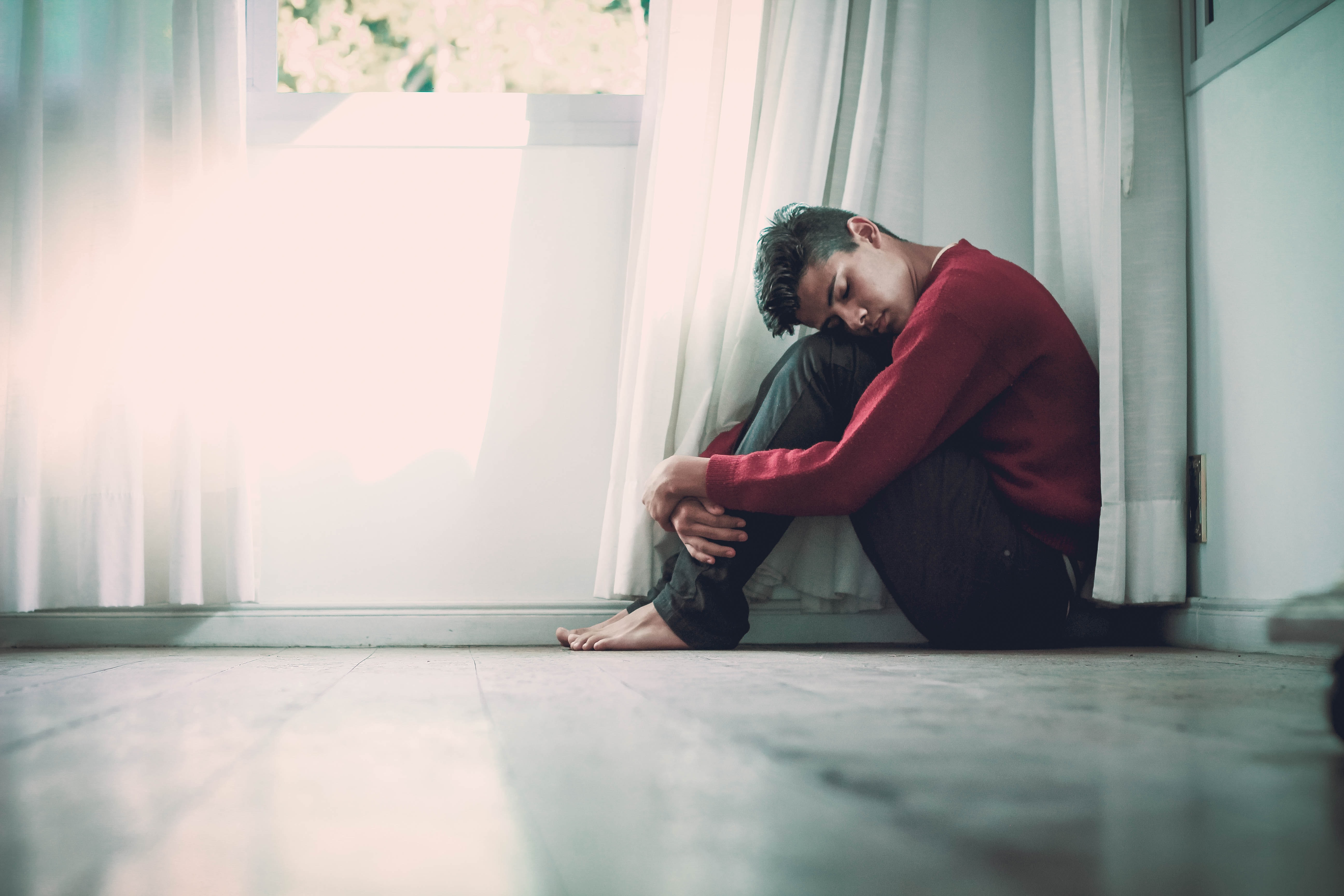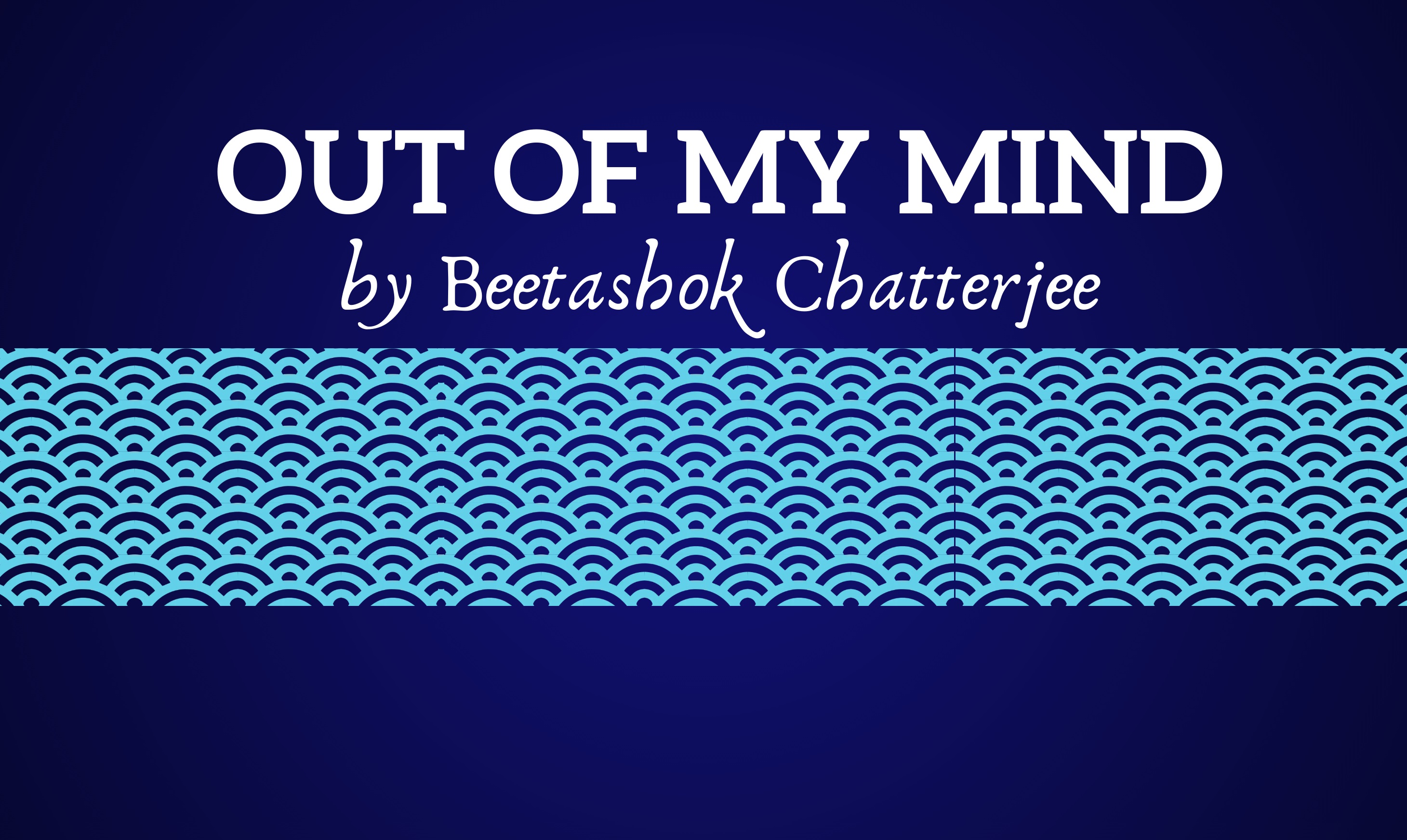It’s the season to be gloomy.
There are a lot of reasons to feel this way. There is a war going on which will affect all of us here sooner or later. The 4th wave of the pandemic is coming in June, they say, leaving us wondering how many more of our relatives, friends and acquaintances will leave us for good. Jobs have dried up, the economy hasn’t picked up, and social media is full of hate, hate, hate. Election results in five states will be out soon but bring little hope, because we know that good guys finish last. A whole generation of economically weaker children—millions of them—who had no access to smartphones or online education over the past two years, have dropped out of the system and given up their dreams. What is their future, I wonder?
Things are no better at sea among my seafaring brethren. Last October, a Third Officer aboard a ship in port murdered the Master and the Chief Officer, his superiors in rank, emptying the magazine of a revolver into their convulsing, dying bodies. He then called up the Port Police to report the incident and surrender himself. All this was done calmly; like it was just another day at work. If this is not the act of a disturbed mind, I don’t know what is. Around the same time, an Indian officer was found hanging in an enclosed space on board another ship on the high seas bound for Gibraltar. The official report called it a suicide, though the boy’s parents suspect foul play. Will we ever know the truth?
Bad days indeed. How are you, really? And your loved ones? Are you okay? Or just pretending to be?
Even pretending to be normal and fine when you’re not, takes its toll, you know. If you’re declining invitations to dinner from friends because suddenly the four walls you inhabit seem the only safe haven and the only place you don't have to pretend you’re okay….then you’re not okay. You respectfully decline telling them how terribly sorry you are but you’re busy. And you remain all by yourself doing your best to hold it together surrounded by your four walls, the only place where you feel safe. This is how the problem exacerbates. People stop inviting you after a while and the isolation that at first wasn't real now is.
Do you feel like you’re walking around with perpetual low grade anxiety? You’re not alone. This has been happening to many since the first lockdown in March 2020, an event which ended forever a life we once knew and had taken for granted. It feels surreal, sometimes. What the last two years have done to some people I know is really unfortunate. They get panic attacks when they step out. They go out only when they have no choice. I haven’t seen some of my neighbours living in my lane for years now. I know they’re there at home; I just don’t catch sight of them.
Is this behavioural pattern happening to you, or have you noticed it in someone you care for?
Keep an eye on your loved ones. Is anyone exhibiting excessive paranoia or anxiety? Has withdrawn socially? Is avoiding friends? Doesn’t want to get up in the morning—finds no reason to do so? Is irritable and touchy more than usual? Displays mood swings? I am no psychologist or psychiatrist, but these are well known warning signs that the person concerned is sliding into depression and into his/her own private hell. This person needs help. His or her mental health is not okay. Whatever the reasons may be in difficult times like these—bereavement, stress, unemployment, lack of future prospects, debt, failure, state of health, substance abuse—the descent into depression needs to be arrested. Now.

Image Source: Photo by Fernando @cferdophotography on Unsplash
So what can we do to make the lives of such people near and dear to us better? I am not qualified to speak medically, but I can suggest a few things that I know will surely help. This is not rocket science; it’s just good, old-fashioned common sense with a sprinkling of compassion. It may work; in which case there will be no need to get professional help.
Let’s start with the most difficult task. Get them to talk. That’s the one thing they least want to do; they just want to be left alone. Draw them out of their shell. Get them to tell you how they feel, why they’re troubled. Don’t offer immediate solutions; just listen to them attentively. They need a release of their pent-up emotions and empathy more than ready advice at this stage.
Make them go out every day. Get them to have a daily routine that includes fresh open spaces. A morning or an evening walk does wonders to one’s state of mind. If there’s a park nearby, that would be perfect. A beach? Even better. Being close to Nature is therapeutic. Physical activity—brisk walking, light jogging, a round of badminton perhaps—tire the body in a pleasant way but invigorate the mind, thanks to the release of endorphins in the body which relieve stress and pain, and make one feel that the world is not such a bad place after all.
Get them to eat well. Healthy meals at regular hours. More veggies and fruit, less junk food. Limit their alcohol intake. (That may be easier said than done, I know.) Taking alcohol or drugs to forget one’s sorrows is a very bad idea. Devdas is not a role model. Harmful use of alcohol is also associated with increased risk of infections and may cause prescribed ongoing medical treatment ineffective.
Are they stressed out because they can’t cope with work or study deadlines? Get them to set realistic goals, goals they can achieve and feel good about. Get them to do stuff they’re good at in their spare time. Drawing, painting, singing….whatever helps them to feel better about themselves.
Reduce their screen time, if possible. Again, easier said than done in this digital world of ours. But watching a computer, smartphone or a TV screen has a numbing effect on the brain, strains the eyes, causes headaches. Use eye drops daily to soothe and revive tired eyes. Minimize TV news watching—I’m serious. There are fewer things more stressful than watching TV anchors shouting down their guests while giving you news you don’t want to hear. TV news is depressing 90% of the time. Encourage them to read newspapers instead for their daily quota of news.
Urge them firmly but kindly not to neglect their personal hygiene. This is typical of people with mental health issues; they just don’t care about their personal appearance anymore. Convince them how much better they’ll look and feel after brushing their teeth, having a bath and changing their innerwear.
Encourage them to call their friends and chat. This is always therapeutic. In times of stress, it is common for children to seek more of your attention. Give it to them.
If all else fails and you sense that the mental health of the person concerned is declining, seek professional help. There are psychologists, psychiatrists and support groups out there.
Whatever you do to help someone in need, don’t take mental health lightly. Recognize the cry for help. Remember Sushant Singh Rajput?
Beetashok Chatterjee is the author of ‘Driftwood’, a collection of stories about Life at Sea, and ‘The People Tree’, another collection of stories about ordinary people with extraordinary experiences. A retired merchant ship’s captain by profession, this old sea dog lives in New Delhi with his memories of living more than 40 years on the waves.
Click here to check his detailed profile.
His books are available on Amazon. Click here.


Comments